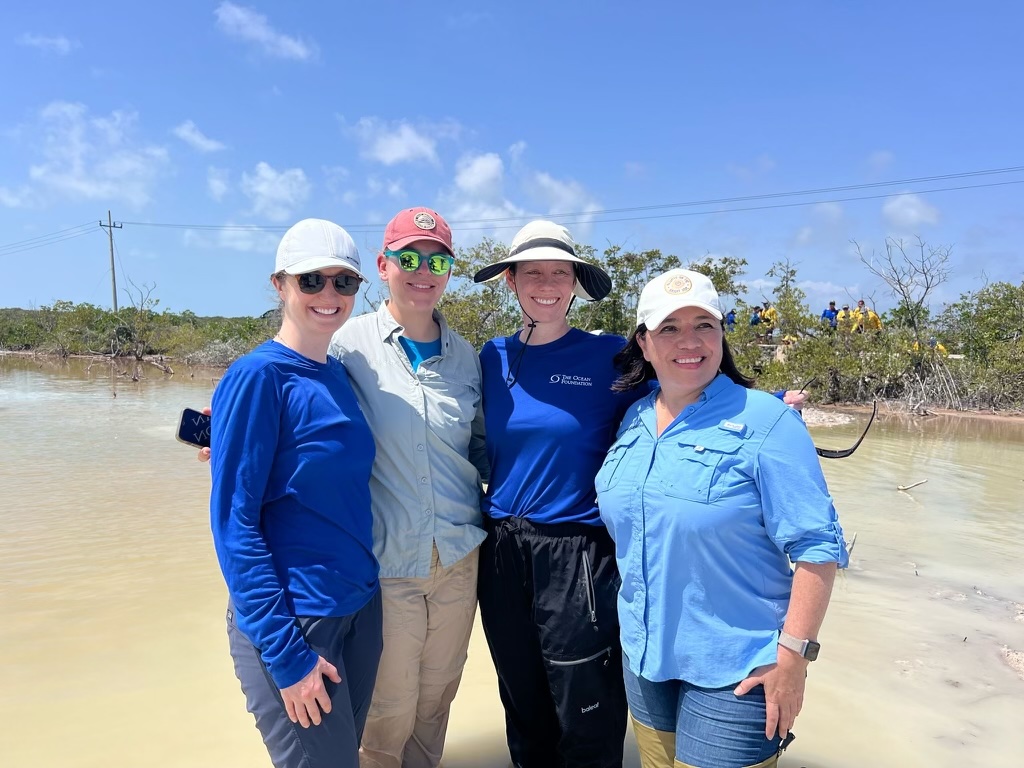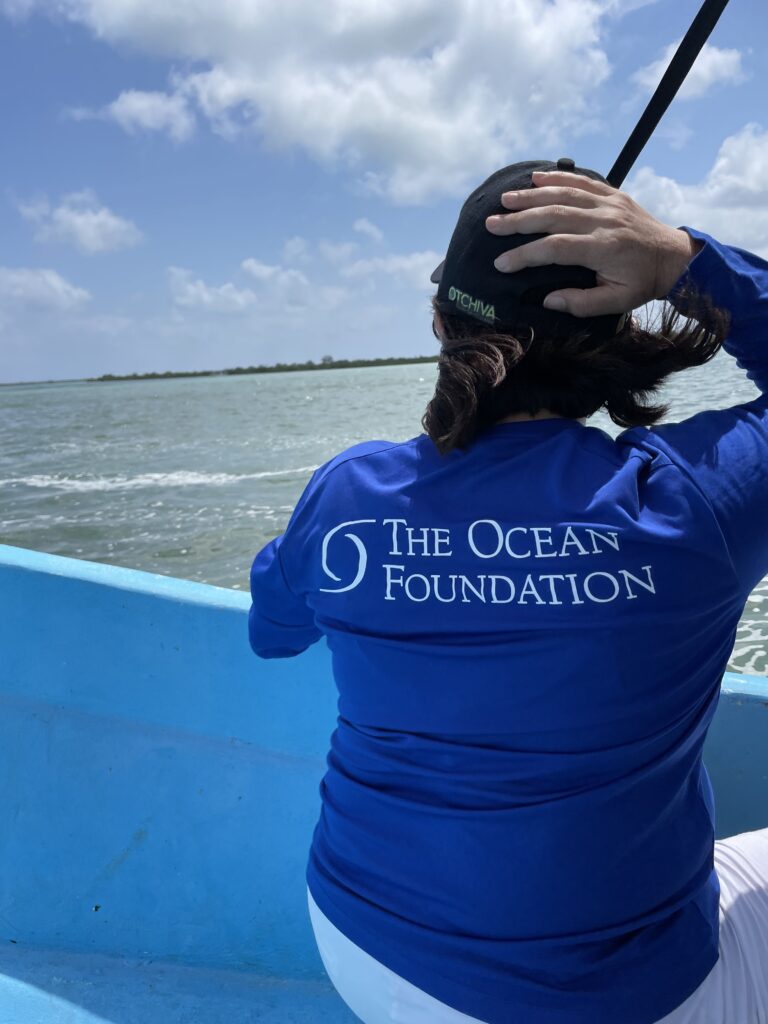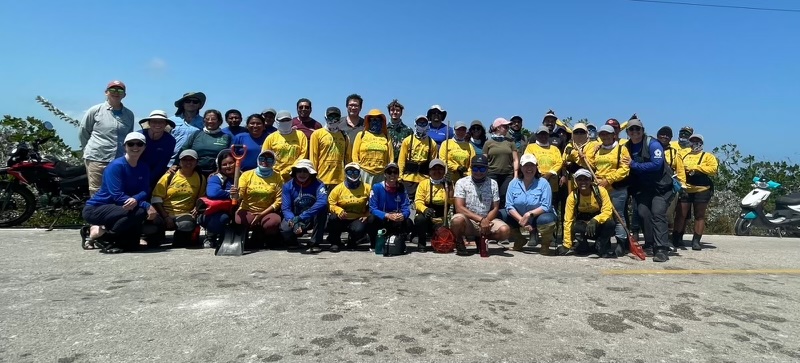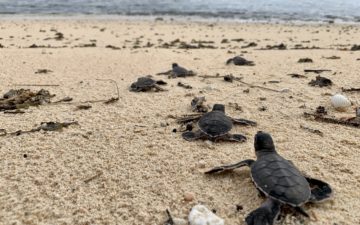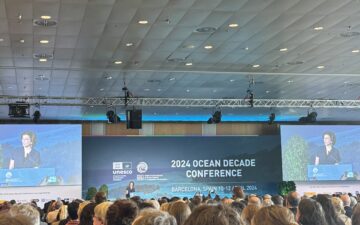Our team recently traveled to Xcalak, Mexico as part of The Ocean Foundation’s Blue Resilience Initiative (BRI). Why? To get our hands and boots dirty – literally – in one of our mangrove restoration projects.
Imagine a place where mangroves stand strong against the ocean breeze and the second-largest coral reef in the world – the Mesoamerican Reef – shelters the community from the surge of the Caribbean, forming the Xcalak National Reef Park.
That’s Xcalak in a nutshell. A tropical sanctuary located five hours from Cancún, but a world away from the bustling tourist scene.
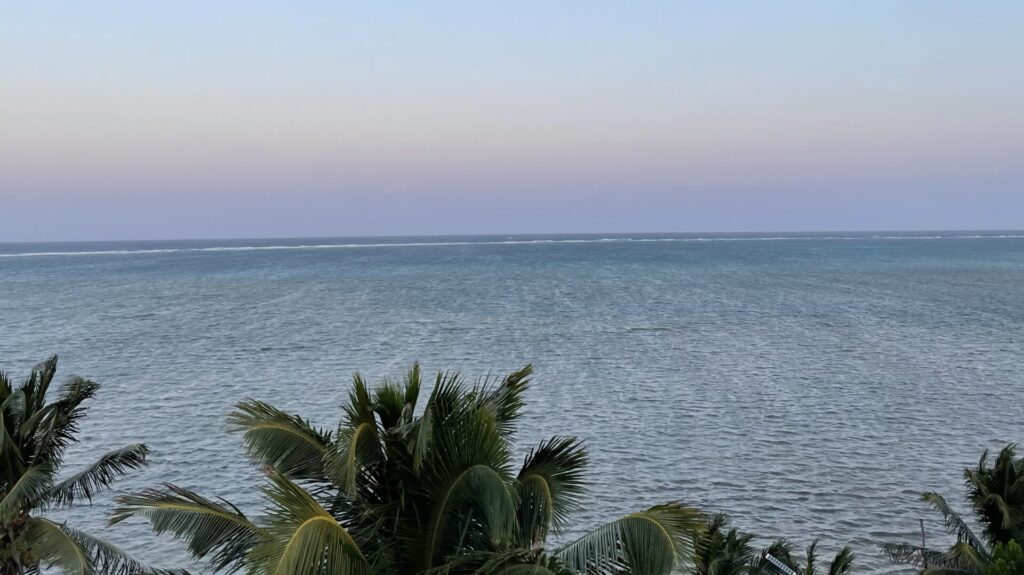
Unfortunately, even paradise isn’t immune from climate change and construction. Xcalak’s mangrove ecosystem, home to four types of mangroves, are threatened. That’s where this project comes in.
Over the last few years, we’ve teamed up with the local Xcalak community, Mexico’s Commission of Natural Protected Areas (CONANP), Center for Research and Advanced Studies of the National Polytechnic Institute – Mérida (CINVESTAV), Programa Mexicano del Carbono (PMC), and the National Autonomous University of Mexico (UNAM) to restore over 500 hectares of mangroves in this region.
These coastal superheroes aren’t just beautiful; they play a vital role in combating climate change. Through a process called carbon sequestration, they trap carbon out of the air and lock it away in the soil beneath their roots – an important part of the blue carbon cycle.
Mangrove Destruction: Witnessing the Impacts of Climate Change
Driving into town, the damage was immediately apparent.
The road goes over a vast mudflat where a mangrove swamp once stood. Unfortunately, the construction of the road disrupted the natural flow of seawater through the mangroves. To add insult to injury, recent hurricanes brought in more sediment, blocking the flow of water even more. Without fresh seawater to flush the system, nutrients, pollutants and salt build up in the standing water, turning mangrove swamps into mudflats.
This spot is the pilot for the rest of the Xcalak project – success here paves the way for the work on the remaining 500+ hectares.
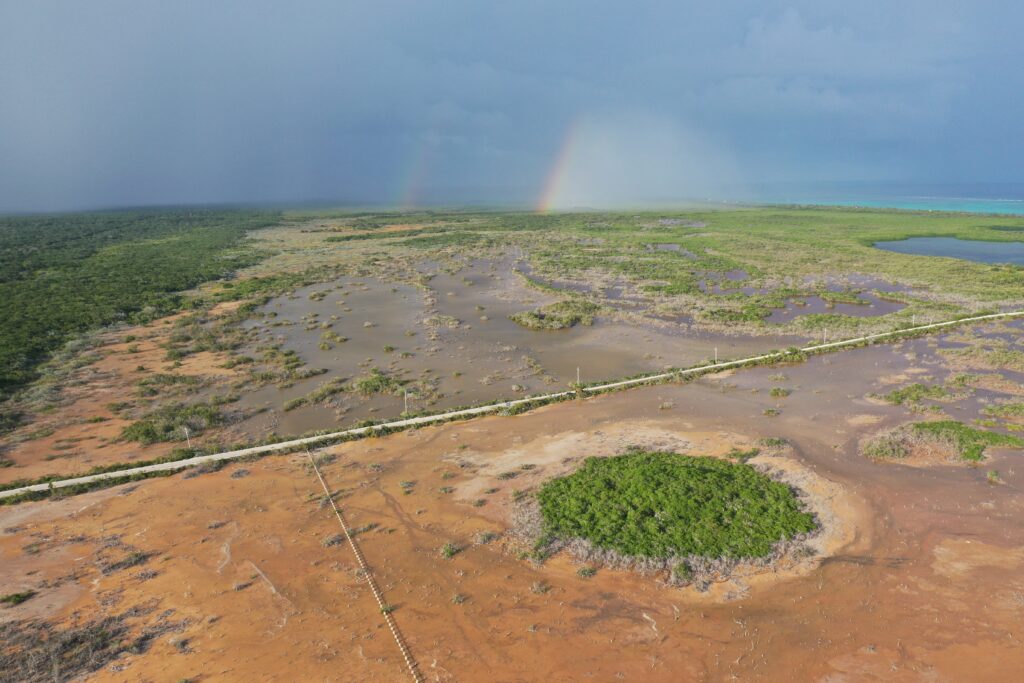
Community Collaboration: The Key to Success in Mangrove Restoration
On our first full day in Xcalak, we got to see firsthand how the project is progressing. It’s a shining example of collaboration and community involvement.
At a workshop in the morning, we heard about the hands-on training taking place and collaboration with CONANP and researchers at the CINVESTAV supporting the Xcalak locals to be guardians of their own backyard.
Armed with shovels and scientific know-how, they’re not only clearing the sediment and restoring water flow to the mangroves, they’re also monitoring the health of their ecosystem along the way.
They have learned so much about who lives among the mangroves. They include 16 bird species (four endangered, one threatened), deer, ocelots, gray fox – even jaguars! Xcalak’s mangroves are literally teeming with life.
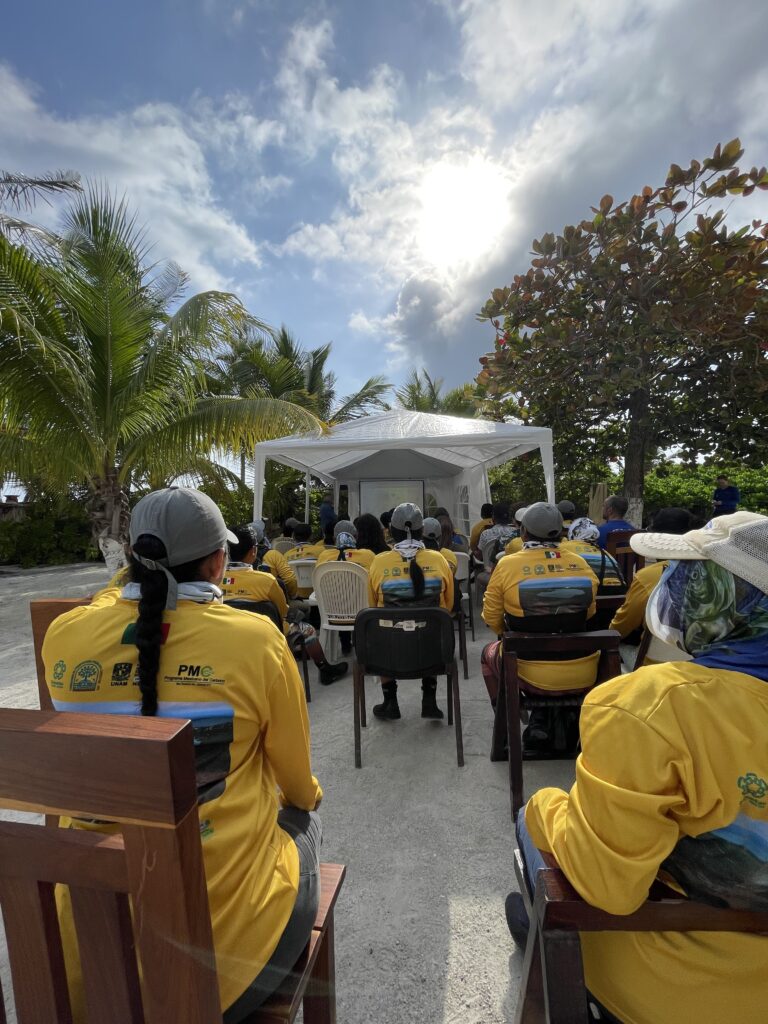
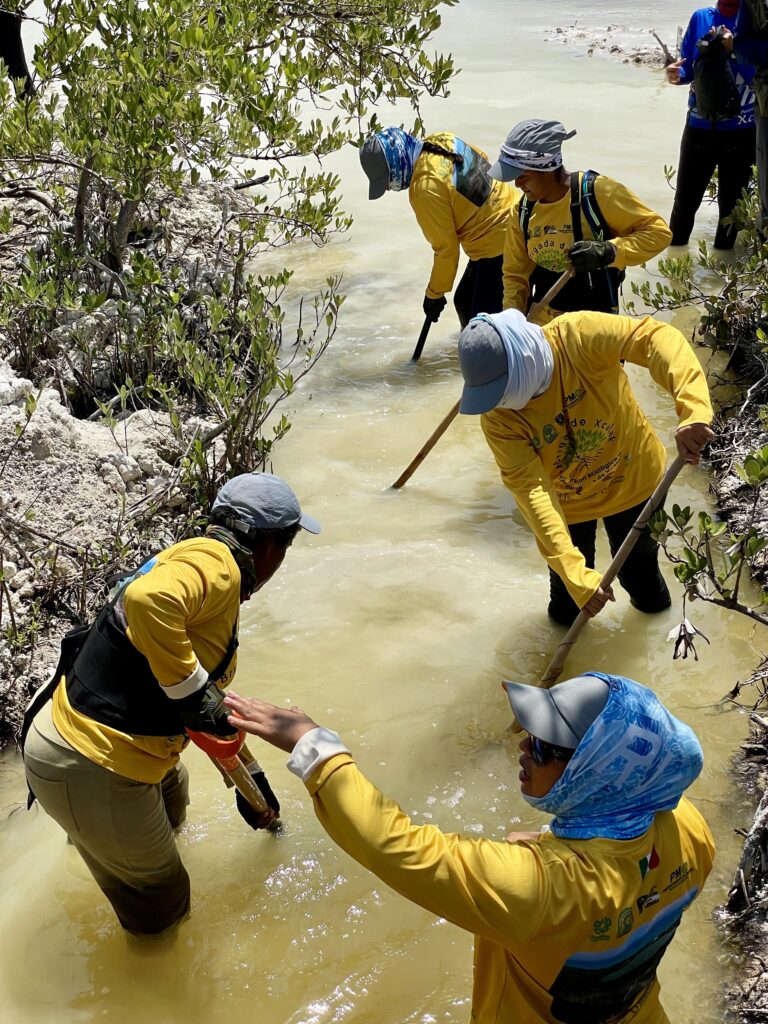
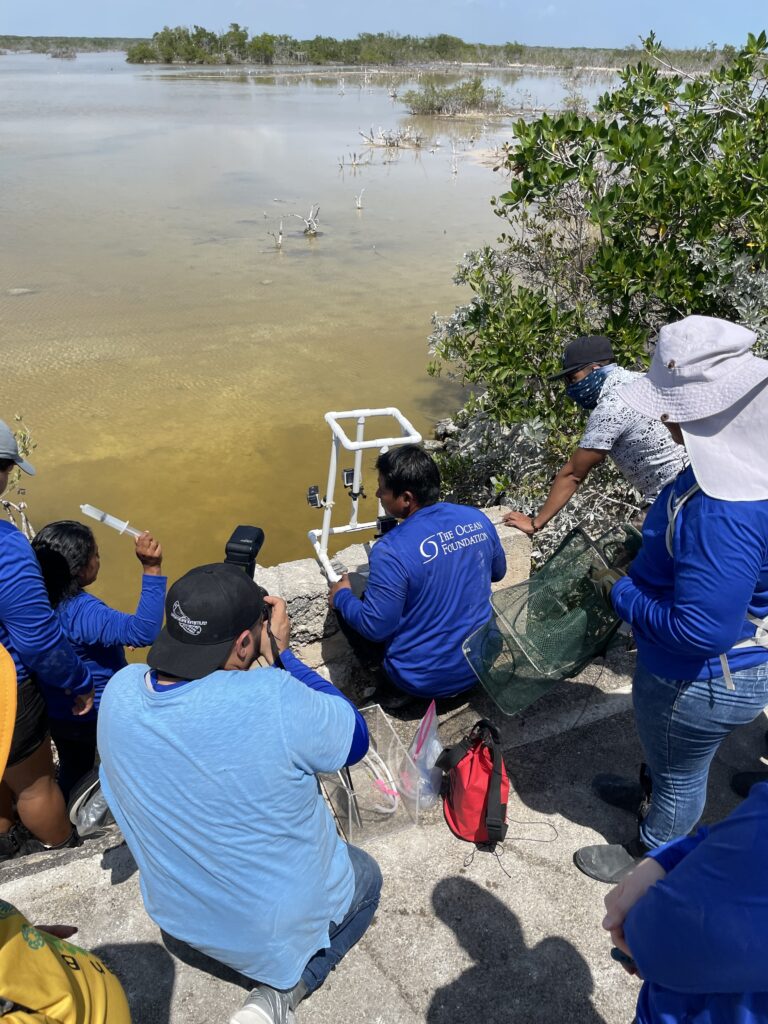
Looking Ahead to Xcalak’s Future Mangrove Restoration
As the project progresses, the next steps are to expand the digging into a nearby lagoon surrounded by mangroves that desperately need more water flow. Eventually, excavation efforts will connect the lagoon to the mudflat we drove over on our way to town. This will help water flow as it once did throughout the entire ecosystem.
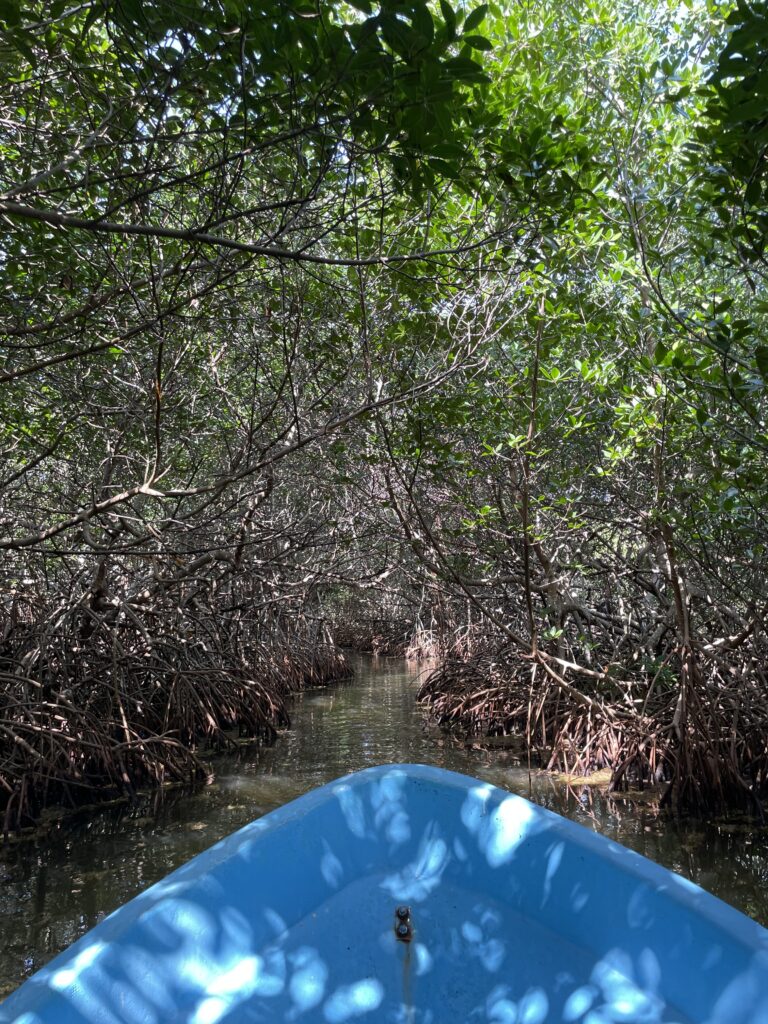
We’re inspired by the community’s dedication and can’t wait to see the progress made on our next visit.
Together, we’re not just restoring a mangrove ecosystem. We’re restoring hope for a brighter future, one muddy boot at a time.
